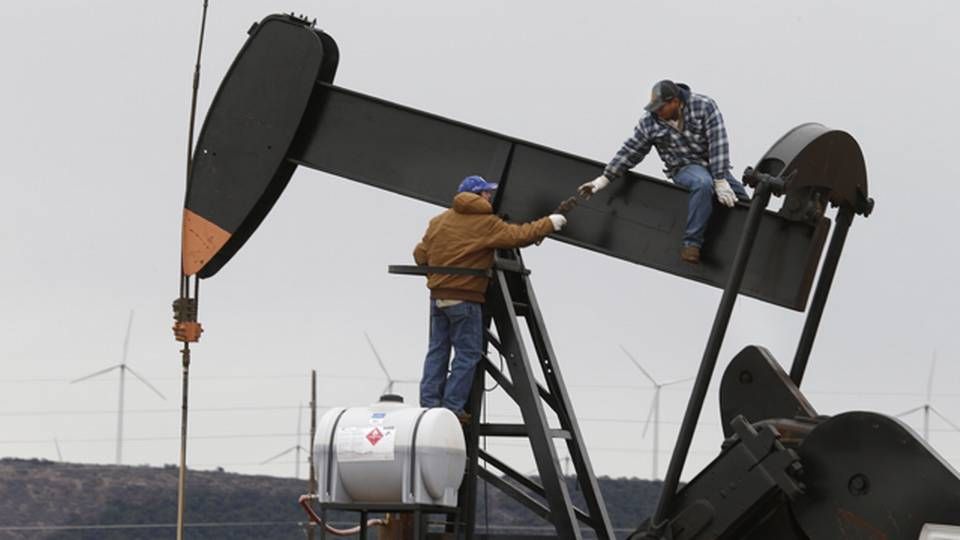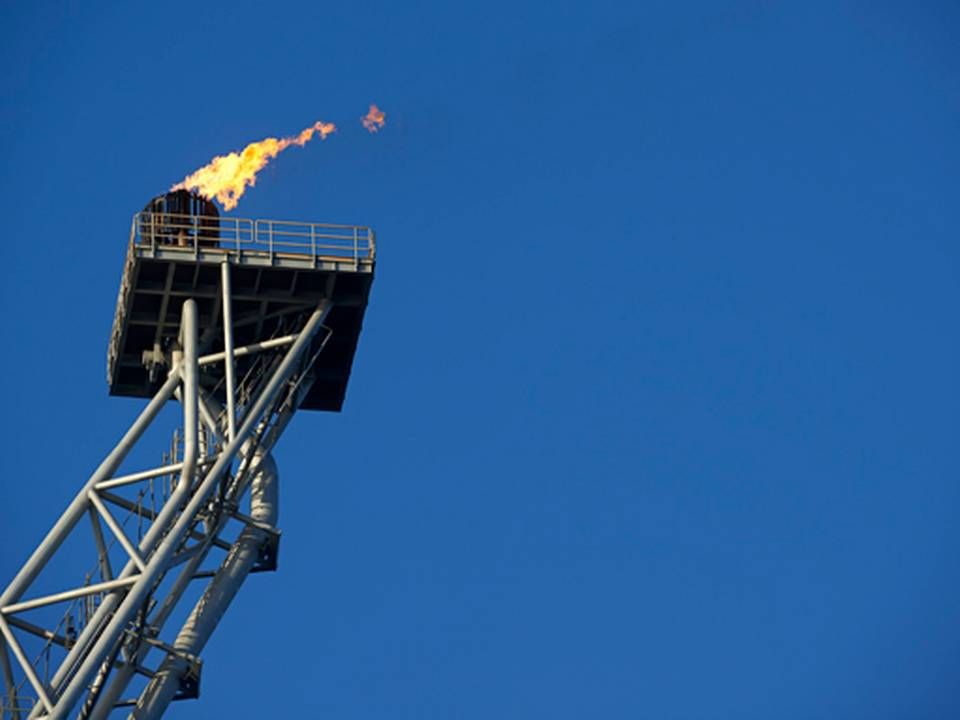Magic number for a new shale surge: USD 60 a barrel, JP Morgan says

For America's shale drillers, the tipping point to boost production looks to be USD 60 a barrel.
It will take a sustained run above that price in New York before drillers rethink their spending plans for 2018, according to JPMorgan Chase & Co. Until then, activity looks to be "range-bound," said analysts led by Arun Jayaram in a Wednesday research note detailing their talks with operators in the Permian shale basin in Texas and New Mexico.
Among Permian explorers, "none expected to materially alter course as long as WTI stays in the USD 45-55 range," despite OPEC's decision last week to extend their own production cuts through 2018, Jayarum wrote. A one- to two-quarter run above USD 60 was "the consensus catalyst for another leg higher."
That said, some explorers say they plan to add "a rig here or there into next year, with very few mentions of rig drops," according to the report.
WTI for January delivery fell 0.7 percent to USD 56.98 at 10:30 a.m. after industry data showed gasoline stockpiles expanding for the first time in four weeks. The US benchmark price has averaged about USD 54 this quarter, the highest in more than two years, on expectations OPEC would keep working to reduce a global oversupply, but traders remain nervous the US will undercut those efforts.
JPMorgan also noted it expects spending by independent oil producers next year to be "mostly flattish" compared with current levels," as the industry copes with labor and equipment shortages.
OPEC agrees to extend production cap throughout 2018
Related articles
OPEC agrees to extend production cap throughout 2018
For subscribers
Analyst: Oil market at its most solid since before collapse
For subscribers
Oil investors take a breather after large price hike
For subscribers



















